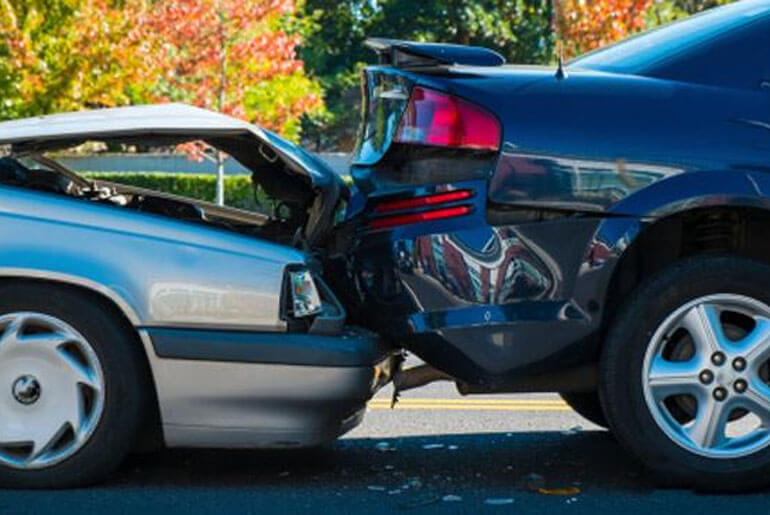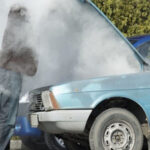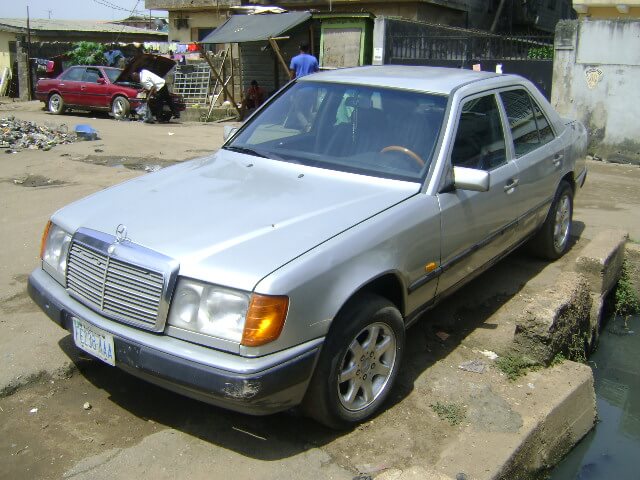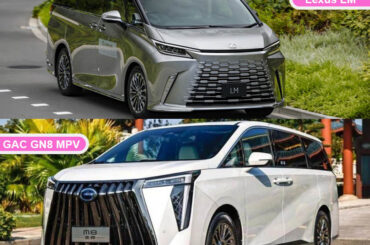When a car’s brake fails, it can be very serious and it has led to a lot of serious accidents all around the world. Some of these accidents result in serious injury or death and could have been avoided by the driver if he or she had noticed the signs of brake failure. In this article, you will learn more about the causes of brake failure and what you should do when your brakes fail when driving.
Table of Contents
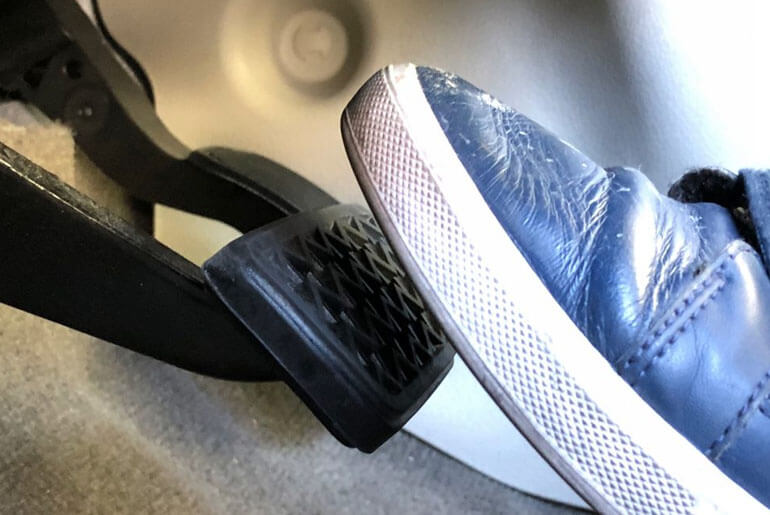
Causes Of Brake Failure
There are numerous causes of brake failure in cars and most times the fault is usually on the driver. The following are major causes of brake failure. They include;
- Neglet Of The Owner: This is the major and the most common cause of brake failure, the owner’s neglect. Brakes just like many other parts have a certain lifespan and they should be occasionally inspected for any wear. Although some manufacturer’s brakes and shoe pads have long life but it is still better to check your brakes before driving. If you notice you constantly have to stop and go in cities or neighbourhoods, the life of the brake pads and shoe pads will be greatly reduced.
- Overheated Brake Pads: Brake pads can sometimes overheat because of excessive use and can become hard or brittle. This makes the brake pads have less ability for proper grip in the wheel rotor disk which increases the distance necessary to stop the car.
- Driving Through Mud Or Water: This will naturally lubricate the brake pads and rotor disks. What you can do is to gently tap the brakes to remove the excess water and gain proper friction between your car’s brake pads and rotor disks. You should be careful when driving in wet conditions especially when the wheels of your car go into the water so much.
- No Hydraulic Brake Fluid Pressure: Loss of hydraulic brake fluid pressure can make the brakes slower when your car needs to stop quickly. If you notice that the brakes do not work at all or are working just a bit, you can tap the brakes severally to force the fluid throughout the brake system. The technique is very effective in helping stop the car but should only be used when necessary. Having a brake specialist check the brake system for any leaks and refill the reservoir with brake fluid would be the best option.
- Too Much Overload In The Automobile: Putting too much load in your car can damage the braking system and change its ability to stop. Your car should be loaded by the amount of load stated by the owner’s manual.
- Leaking Hydraulic Fluid: Oil or hydraulic fluid can easily leak from the car’s engine or brake lines. It could be a sign that you should have your brakes inspected when stopping has become difficult, just to rule out any contamination from a leaking hydraulic line.
What To Do When Your Brake Fails
Before talking about what to do when your brake fails, we have to talk about what not to do when your brake fails. The following are the things to not do when your brake fails;
- Do Not Change Gear Instantly: The most important thing to not do is to downshift. You should not change from gear four to one quickly and at that moment because it would just make your car lose control.
- Do Not Step On The Brake Immediately: The last thing you would want to think of is to apply the emergency brake immediately. Do this after downshifting and pumping the brake pedal. Aggressively steeping on the emergency brake will cause your car to lose control.
- Do Not Panic: Panicking will make you make an irrational decision that could be crucial to your safety and the safety of your passengers or those around you. Just breathe in and out and take it easy once your brake fails.
Now, these are the things you should do when your brake fails. They include;
- Immediately Turn On Hazard Lights: The hazard lights are signs that something is wrong with the car. If you still have full control of the vehicle, you should quickly turn in your hazard light and honk rapidly to inform people that something is wrong. If they are not sure of what exactly, they will just move away from you.
- Step On The Brake Pedal Hard And Fast: Most modern vehicles have double braking systems that have different controls of the back and front brakes. Pumping the brakes aggressively may be enough to engage at least half of the brakes enough to make you stop quickly.
- Downshift Slowly: Do not downshift very quickly but slowly to decrease momentum and then turn off your cruise control if available.
- Steer Yourself To Safety: When the car starts to slow down, you should find a way to steer yourself to the side of the road. If you can come to a complete halt, that would be really nice but it would be very dangerous to do so if you are in the middle of the highway.
Have 1 million naira and above to Buy or Sell Cars In Nigeria? Check carlots.ng
All rights reserved. Reproduction, publication, broadcasting, rewriting, or redistribution of this material and other digital content on carmart.ng is strictly prohibited without prior express written permission from Carmart Nigeria - Contact: [email protected]

